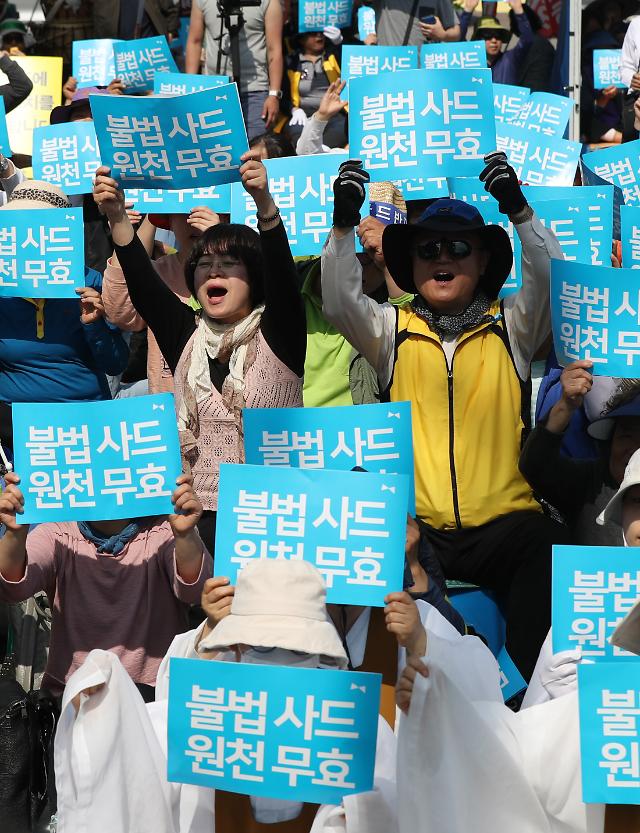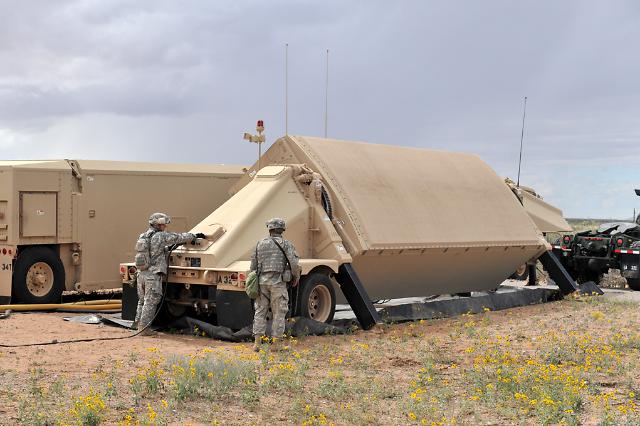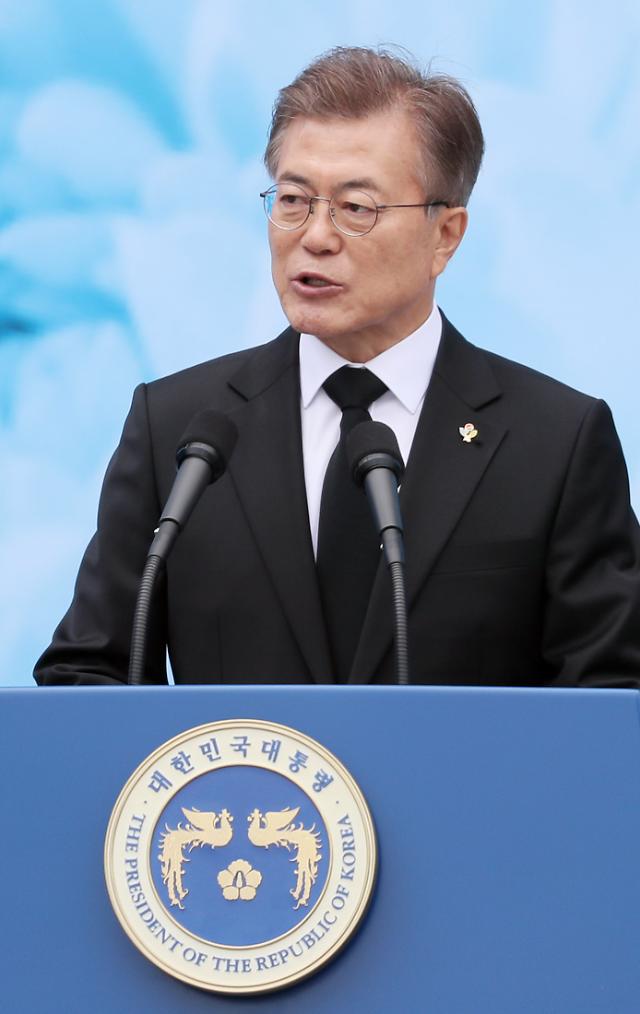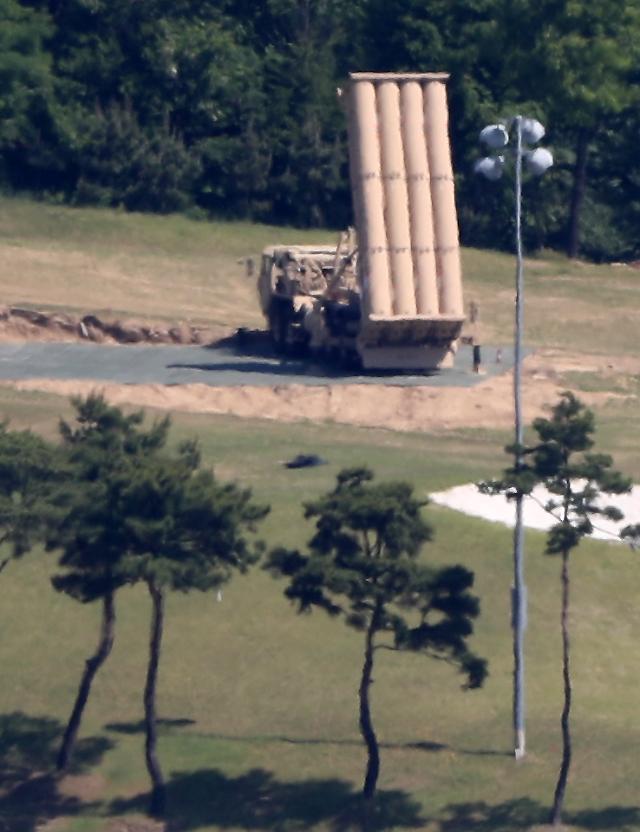
[Yonhap News Photo]
In the run-up to a presidential election that follows months of political turmoil, confusion and apprehension are boiling among many South Korean voters who feel bullied by the two superpowers locked in a tug of war over an advanced missile shield aimed at intercepting North Korean ballistic missiles.
Military officials in Seoul regard the Terminal High Altitude Area Defense (THAAD) battery as an effective tool to fend off North Korea's nuclear threat, but their argument is getting feeble due to US pressure to bear the cost of operating it at the hands of American troops stationed under a mutual defense pact.
It emerged as a hot topic after US President Donald Trump surprised South Korea last week by saying he wants Seoul to pay one billion US dollars. In a quick response, the South's defense ministry stressed the cost is for Washington to bear, not Seoul.
Trump's surprise comment raised questions about his commitment to the defense of a traditional ally which has already endured a Chinese onslaught coupled with trade retaliation.
Based on a telephone conversation Sunday with US National Security Advisor H.R. McMaster, his South Korean counterpart, Kim Kwan-jin, said that Washington would shoulder the cost of deploying and operating the THAAD battery.
Kim did not mention "renegotiation", but McMaster gave a different interpretation, saying in an interview with "Fox News Sunday" that Washington will renegotiate the terms of the THAAD deployment.
"The last thing I would ever do is contradict the president of the United States, you know? And That's not what it was. In fact, what I told our South Korean counterpart is until any renegotiation that the deal is in place. We'll adhere to our word," McMaster said.
"What the president has asked us to do is to look across all of our alliances and to have appropriate burden-sharing, responsibility-sharing. We are looking at that with a great ally, South Korea," he said. "And what you've seen because of the president's leadership, more and more nations are contributing more to our collective defense."

South Korean activists and local residents demonstrate on April 30 near the site for a US missile shield in Seongju. .[Yonhap News Photo]
The message seems clear that whoever becomes South Korea's next president, he should deal with US pressure to increase the cost of stationing US troops and their equipment.
Since US troops were stationed on the Korean peninsula after fighting alongside South Korean soldiers to repel a North Korean invasion during the 1950-53 Korean conflict, Seoul has shared the cost for their presence. It's not clear how much South Korea spends annually, but Trump has urged Seoul to increase its share.
The US missile shield has been a controversial issue because its installation was endorsed by ex-president Park Geun-hye who was impeached and jailed for her involvement in a corruption scandal.
Opposition candidate Moon Jae-in, who is favored in opinion polls to become South Korea's next president in the May 9 election, insists the next government should handle it. He has promised to use it as a diplomatic card in negotiations with China and the United States.
Many South Korean voters feel frustrated with Trump's high-handed attitude, and liberal groups want Washington to bring back part of the THAAD battery which was installed last week in a golf course in Seongju, some 200 kilometers (124 miles) southeast of Seoul.
Lim Chang-won = cwlim34@ajunews.com




